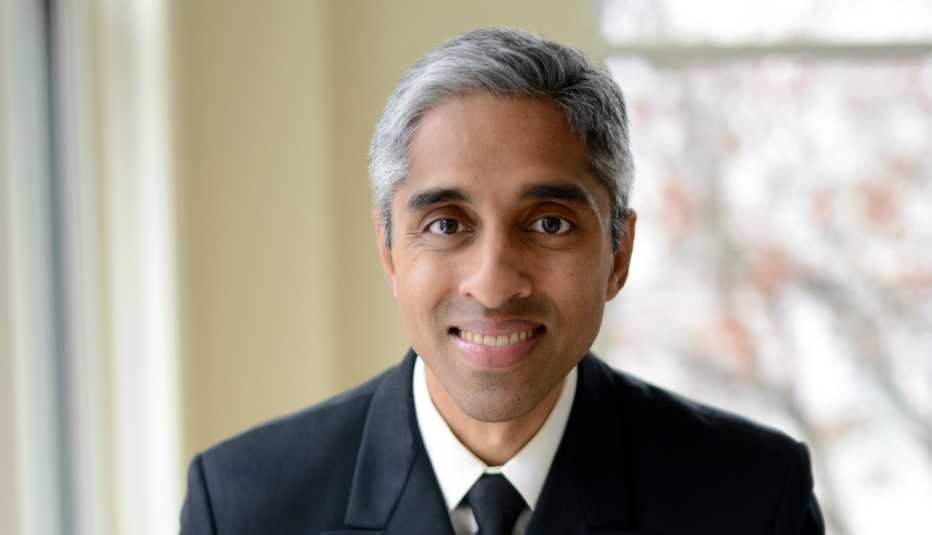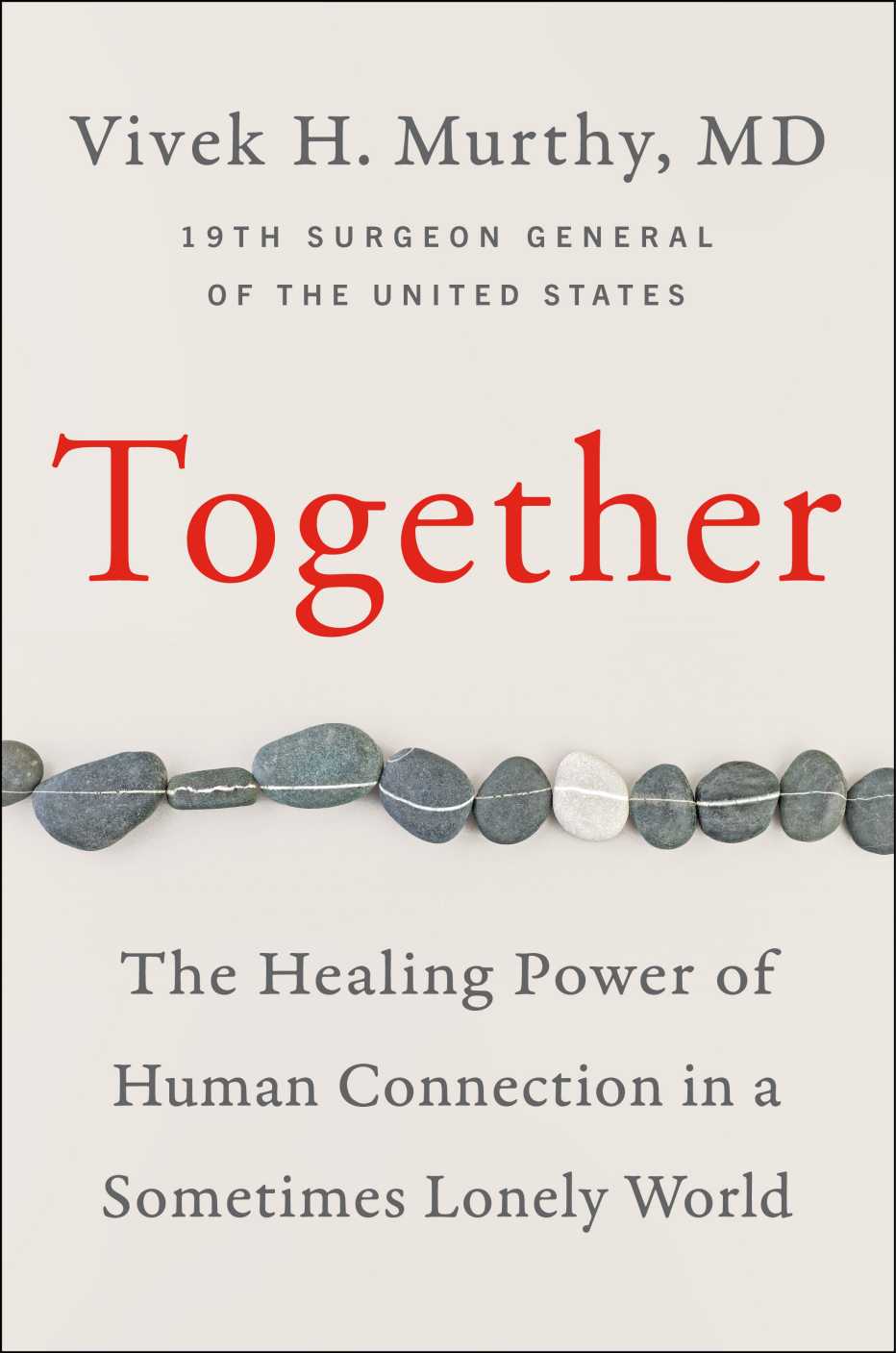AARP Hearing Center


“Loneliness is far more than just a bad feeling — it harms both individual and societal health.” So says U.S. Surgeon General Vivek Murthy, M.D., 45, in a new advisory, “Our Epidemic of Loneliness and Isolation,” which describes social connection as “a fundamental human need, as essential to survival as food, water, and shelter.”
It’s a subject that Murthy, who also served as surgeon general during the Obama administration, has taken seriously for years. In 2020, he wrote a book about it: Together: The Healing Power of Human Connection in a Sometimes Lonely World.
Thoughtful and deeply empathic, Murthy argues that social bonds not only enhance our health — loneliness has been associated with coronary heart disease, high blood pressure, stroke, dementia, depression and anxiety — but, as he writes in the book, “how we perform in the workplace and at school, how we show up for our families and how content we feel in our lives.”
He also points out that isolation, which describes a physical state of being, is different from loneliness: “the subjective feeling that you're lacking the social connections you need.”
We talked with Murthy about our need for meaningful relationships and how we can combat the shame associated with loneliness by reaching out when we feel that yearning for connection and by understanding how universal it is.
Loneliness and its consequences


This is a very common state of being that we all experience at various points in our life that's as natural as hunger or thirst. It's a signal that our body sends us when we're lacking something we need for survival, which is human connection. And if we respond to loneliness by picking up the phone to call our mother or getting in the car to visit a good friend, then it will subside. But if it persists for a long period of time, that's when it does damage to our bodies and raises our risk of physical and mental illness.
You're not alone in your loneliness
There is tremendous damage we do to ourselves and each other if we walk around shrouded in shame, because we think that because we're alone that something is wrong with us. It prevents us from sharing our own experience. And there are actually so many people around us who are struggling with loneliness — young people, older people. When I was surgeon general [during the Obama administration], the stories of loneliness I heard were from students and from parents, from people in small fishing villages in Alaska, to members of Congress in Washington, D.C., who would tell me behind closed doors that they really struggle with loneliness.





































































More From AARP
Time Outdoors Might Lower the Use of Certain Medications
This is how long you should spend in nature each day to boost your wellbeing
13 Free or Low-Cost Ways You Can Cope With Loneliness
As we age, social connections are key to health, happiness
Meditation Is Good for Your Physical Health, Too
Breathing exercises and other calming practices can reduce hypertension, pain and more